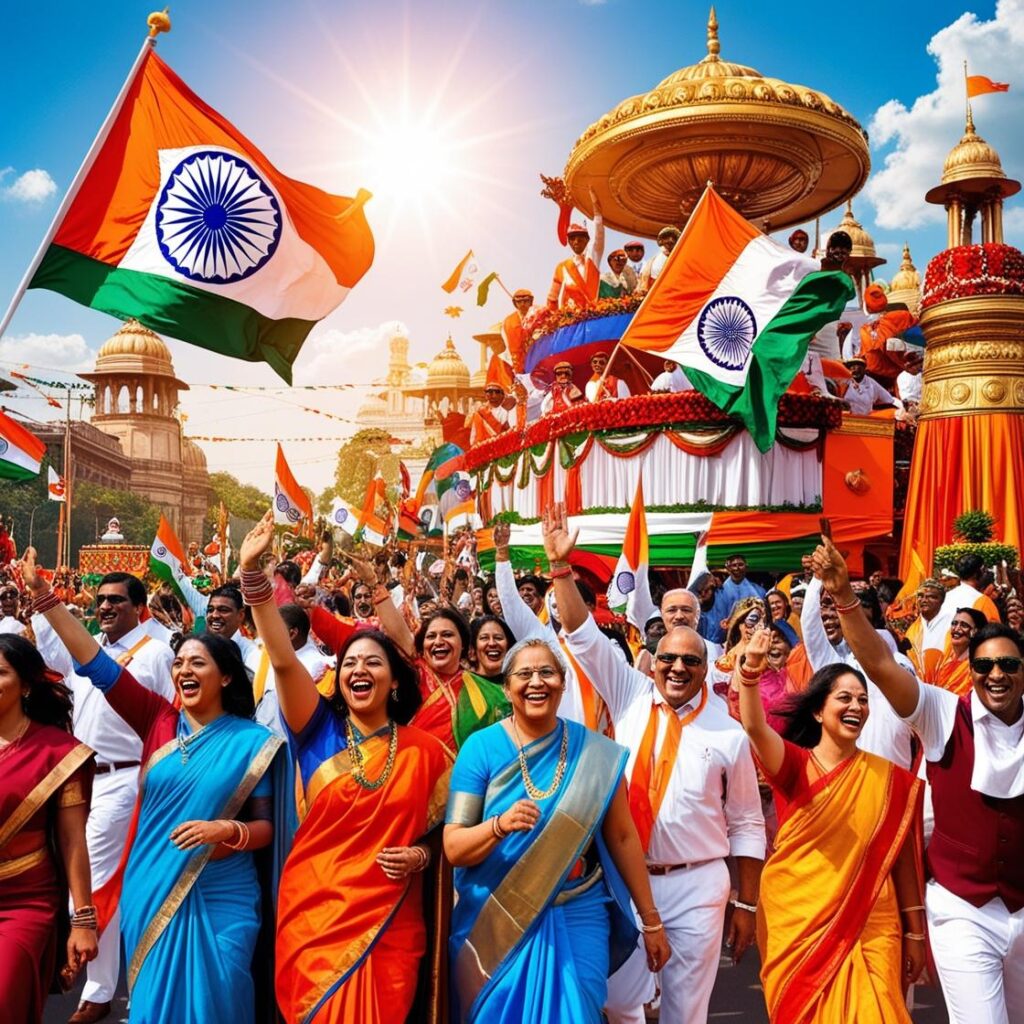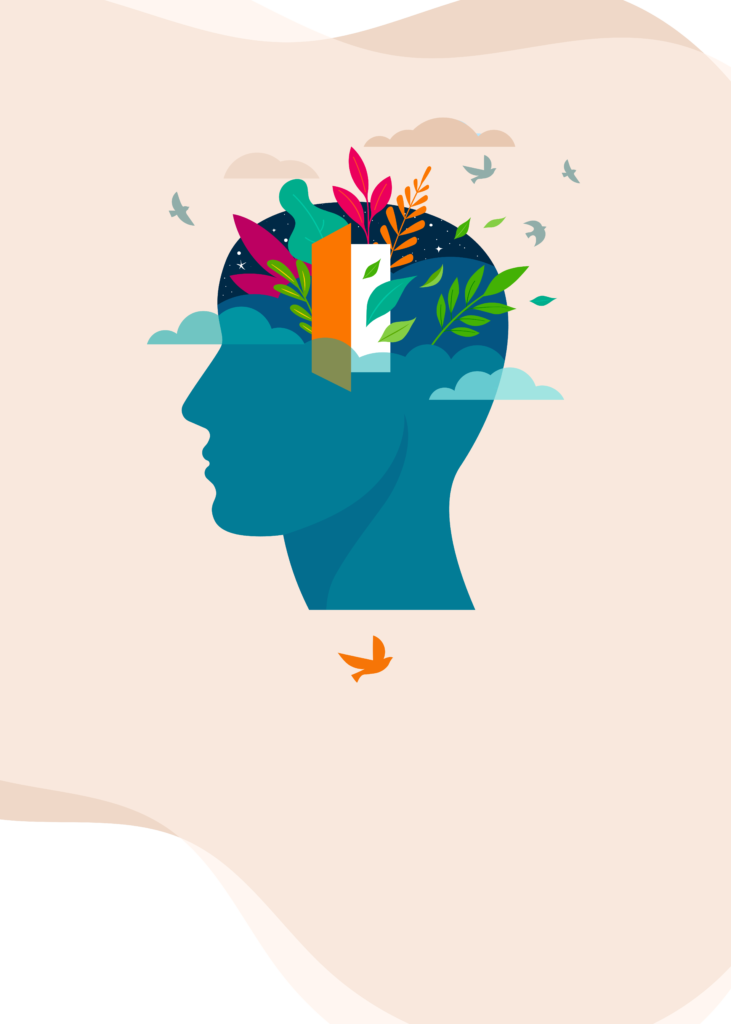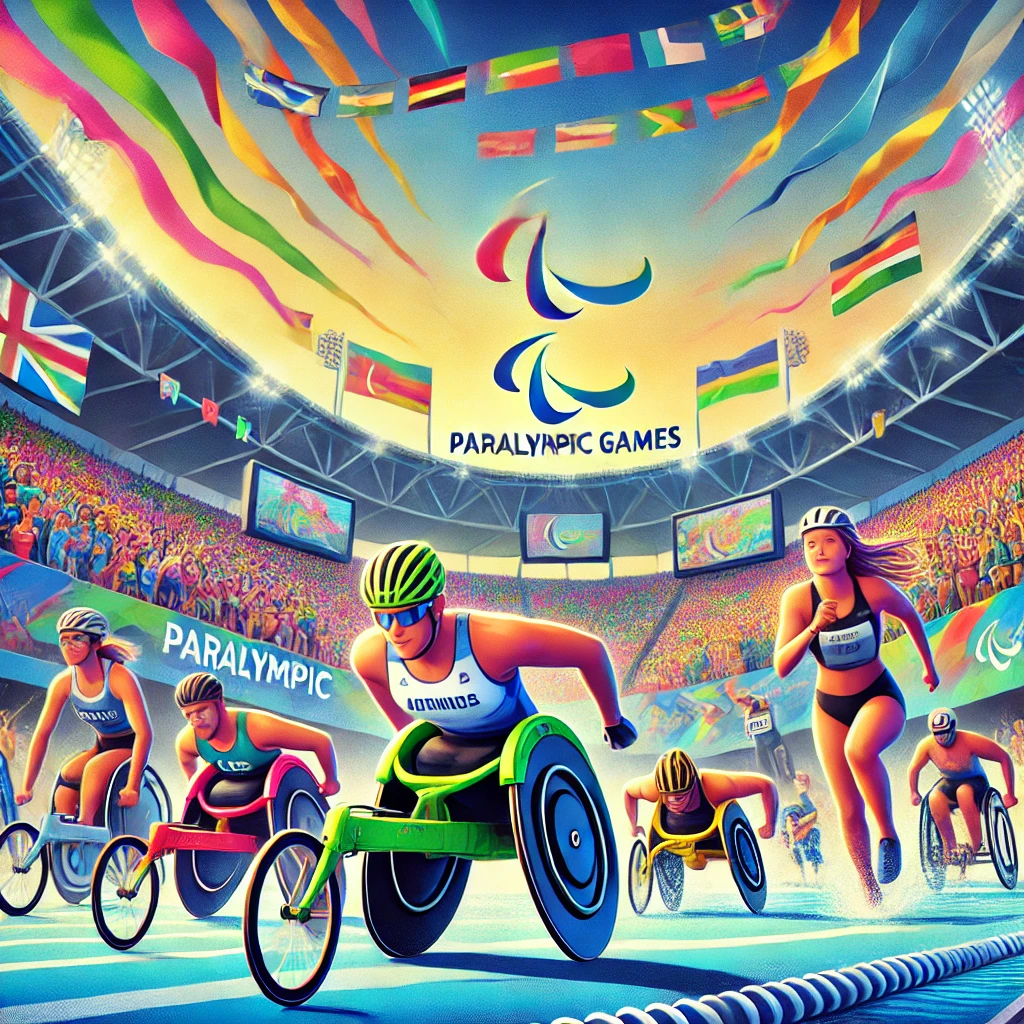
Republic Day, celebrated on January 26 each year, marks one of the most important milestones in India’s history. It commemorates the day in 1950 when the Indian Constitution came into effect, solidifying India’s status as an independent republic and laying the foundation for democracy, equality, and justice. Republic Day is a time of patriotic pride and reflection on the democratic values that unite the nation, and it’s observed with vibrant parades, cultural performances, and ceremonies across the country.
Historical Significance of Republic Day
The significance of Republic Day lies in its connection to the drafting of the Indian Constitution. After achieving independence from British rule on August 15, 1947, India faced the task of creating a government structure that would reflect its diverse population and ensure equal rights for all. The Constituent Assembly, under the leadership of Dr. B.R. Ambedkar as chairman of the drafting committee, began drafting the Constitution in 1947. The document was completed on November 26, 1949, but was formally adopted on January 26, 1950.
The choice of January 26 was symbolic. In 1930, the Indian National Congress had declared the pursuit of “Purna Swaraj” (complete self-rule) as its goal, making January 26 a day of significance long before independence was achieved. Adopting the Constitution on this date honored the struggles and aspirations of the freedom movement. With the establishment of the Constitution, India transitioned from being a British Dominion to a republic with a democratic system, making the day a defining moment in the nation’s history.
Republic Day Celebrations Across India
The Republic Day celebrations are most prominently observed in the capital city, New Delhi, where a grand parade is held at Rajpath. This parade is organized by the Ministry of Defence and showcases India’s military strength, cultural diversity, and technological advancements. The President of India, who serves as the Commander-in-Chief of the Indian Armed Forces, presides over the parade. The event begins with the hoisting of the national flag, followed by a 21-gun salute and the national anthem, “Jana Gana Mana.”
The parade also includes an impressive display of India’s military arsenal, featuring tanks, missiles, and aircraft, symbolizing the nation’s strength and commitment to safeguarding its independence. Additionally, vibrant floats representing different states of India highlight the cultural diversity of the country. These tableaux display traditional dance forms, folklore, historical landmarks, and regional art, celebrating India’s unity in diversity.
One of the most anticipated parts of the Republic Day parade is the participation of schoolchildren who perform dances, songs, and patriotic skits. Their performances reflect the spirit of the younger generation and their role in shaping the country’s future. The parade concludes with a spectacular display by the Indian Air Force, as fighter jets perform flyovers and aerial formations, filling the sky with colors of the national flag.
The Spirit of Patriotism and Reflection
Republic Day is not just a celebration of India’s achievements but also a day to reflect on the values and responsibilities that come with democracy. Schools, colleges, and public institutions across the country organize flag-hoisting ceremonies, cultural programs, and patriotic events. Educational institutions hold essay, debate, and quiz competitions to encourage students to learn about the importance of the day and the meaning of democracy.
Indian embassies and consulates worldwide also celebrate Republic Day, enabling the Indian diaspora to join in the festivities and feel connected to their homeland. These events serve as a reminder to all Indians, both in the country and abroad, of the sacrifices made to secure freedom and establish democratic governance.
The Importance of Republic Day Today
In today’s world, Republic Day holds a special place as it reminds citizens of their rights and duties as outlined in the Constitution. It emphasizes that democracy is a collective responsibility, requiring unity, mutual respect, and an ongoing commitment to justice and equality. Celebrated across communities, Republic Day strengthens the sense of national pride and encourages people to uphold the democratic values that the nation’s founders enshrined in the Constitution.
Republic Day is a day of unity, patriotism, and renewed commitment to building a strong and inclusive India. It celebrates the journey from colonial rule to a democratic republic, reflecting the nation’s progress and the collective aspirations of its people.



